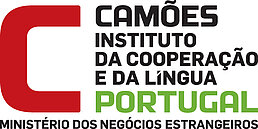CESA
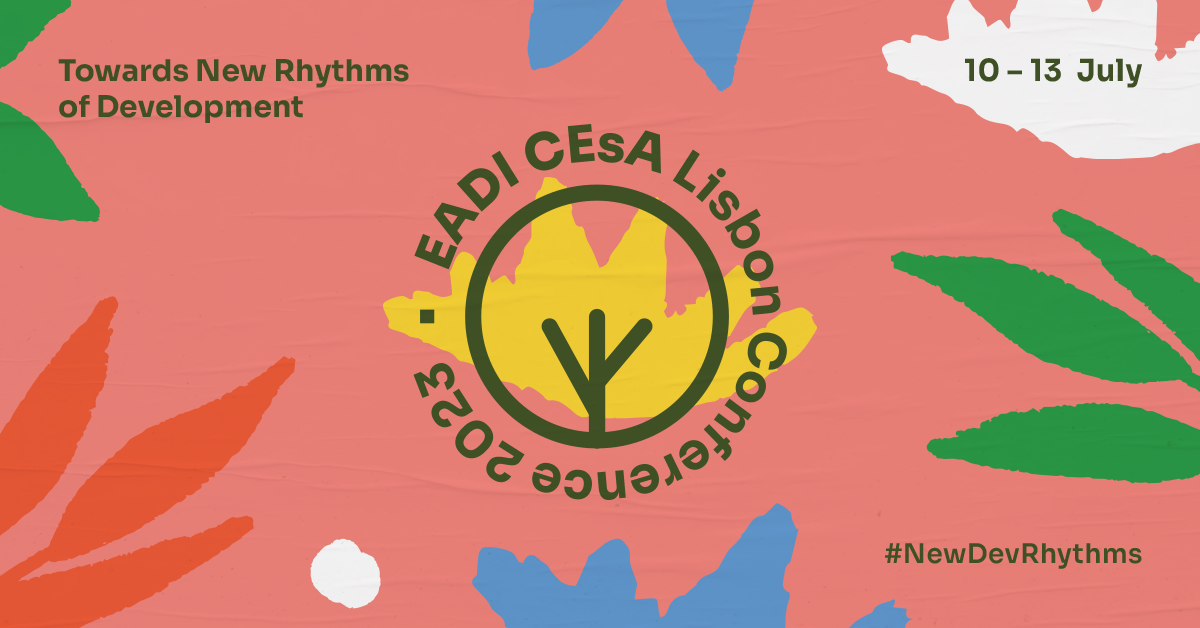
EADI CEsA Lisbon Conference 2023 | July 13th | Roundtable 7: New Rhythms of Development in African Literature and Arts
Roundtable 7 – New Rhythms of Development in African Literature and Arts
July 13th, 2023
2:30 pm – 4 pm (UTC+1)
Room 04, Francesinhas 1, ISEG, Lisboa
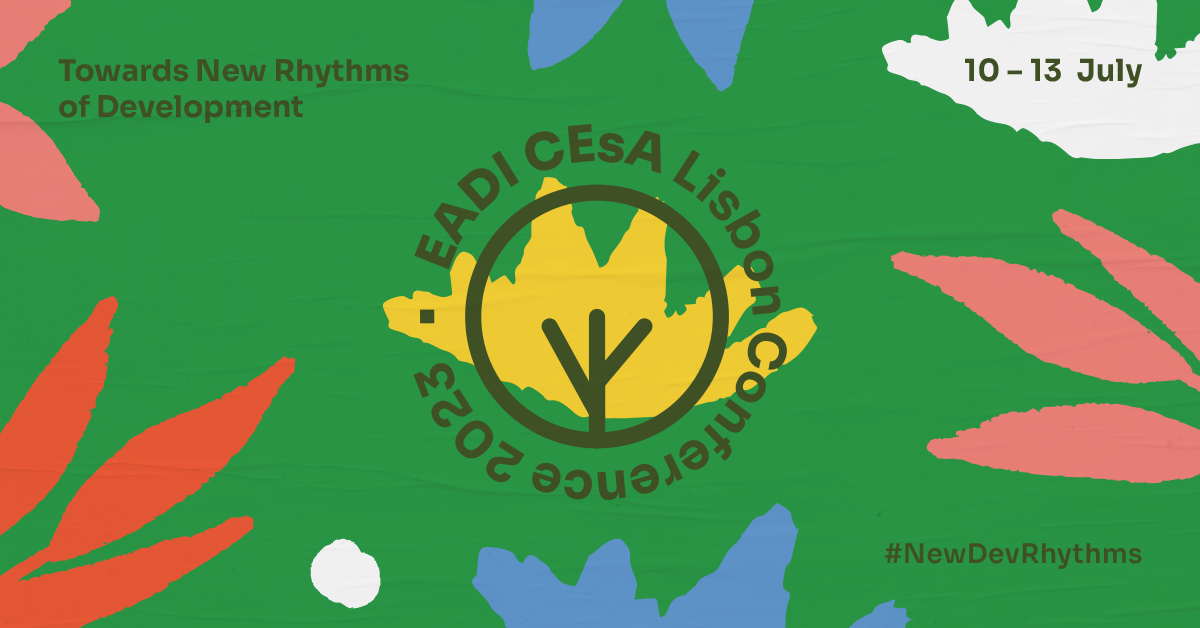
EADI CEsA Lisbon Conference 2023 | July 11th | Harvest Panel 14: Exploring the Rhythms of Urbanisation and Conflict
Harvest Panel 14 – Exploring the Rhythms of Urbanisation and Conflict
July 11th, 2023
4:30 pm – 6 pm (UTC+1)
Room 10, Francesinhas 1, ISEG, Lisboa

EADI CEsA Lisbon Conference 2023 | July 13th | Harvest Panel 11: Women Entrepreneurs on the African Continent
Harvest Panel 11 – Women Entrepreneurs on the African Continent
July 13th, 2023
9 am – 10:30 am (UTC+1)
Sala 101, Francesinhas 1, ISEG, Lisboa
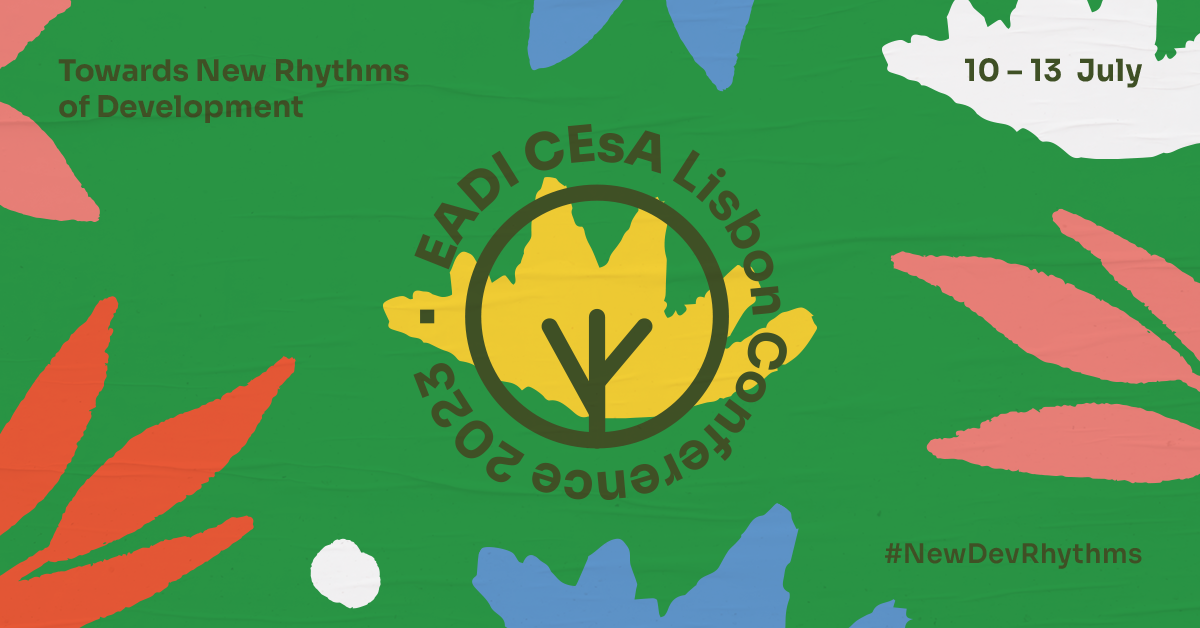
EADI CEsA Lisbon Conference 2023 | July 11th | Harvest Panel 7: Metamorphoses of Capitalism, Ecological and Social Crisis: questions and possibilities
Harvest Panel 7 – Metamorphoses of Capitalism, Ecological and Social Crisis: questions and possibilities
11 de julho de 2023
16:30h – 18h (UTC+1)
Sala 105, Francesinhas 2, ISEG, Lisboa
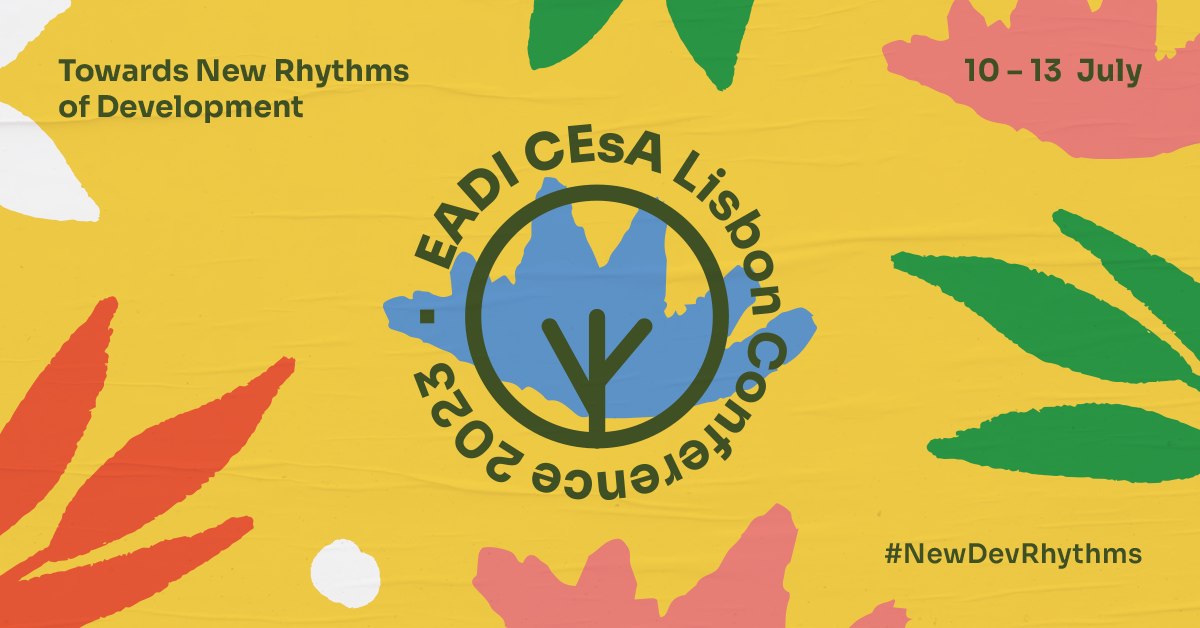
EADI CEsA Lisbon Conference 2023 | July 12th | Seed Panel 34: New Food Policy for Sustainable Food Systems
Seed Panel 34 – New Food Policy for Sustainable Food Systems
July 12th, 2023
2:30 pm – 4 pm (UTC+1)
Sala 106, Francesinhas 1, ISEG, Lisboa

EADI CEsA Lisbon Conference 2023 | July 12th | Seed Panel 30: Rural/Urban Space in Sub-Saharan Africa and the Dynamics of Climate Change
Seed Panel 30 – Rural/Urban Space in Sub-Saharan Africa and the Dynamics of Climate Change
July 12th, 2023
2:30 pm – 4 pm (UTC+1)
Room 10, Francesinhas 1, ISEG, Lisboa
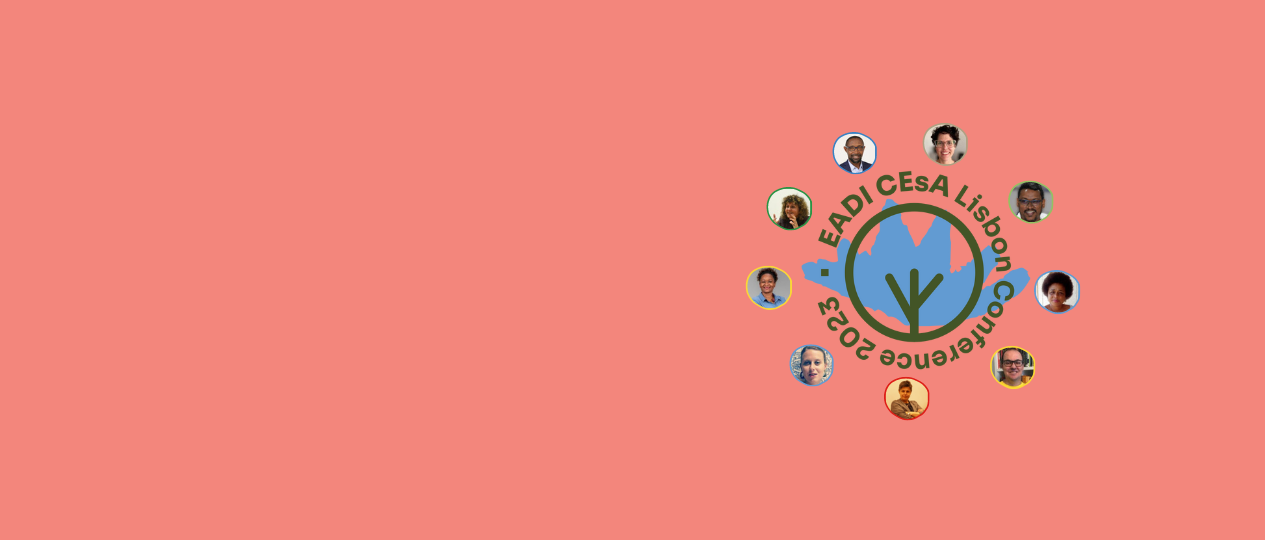
Take a look at the CEsA researchers that will participate in the Roundtables of EADI CEsA Lisbon Conference 2023

The largest European conference on Development Studies, the EADI CEsA Lisbon Conference 2023: Towards New Rhythms of Development, which will take place between the 10th and 13th of July 2023 at ISEG – Lisbon School of Economics and Management, in Lisbon, will count on the presence of nine CEsA researchers on the conference’s programme, in the Roundtables 7 and 11. The Roundtable sessions are a platform for debating specific topics either in an academic or practice-oriented focus.
The Center for African and Development Studies (CEsA/CSG/ISEG/ULisbon) is the co-organiser of the event, which is being held in Lisbon, Portugal for the first time. The international conference is organised in every 3 years period by the European Association of Development Research and Training Institutes (EADI), since 1975. The event will be hold in hybrid format (in-person and online) and the registrations are open with prices between 95€ and 335€. There are discounts for EADI members and PhD students.
See below more detailed information on each Roundtable:
Roundtable 7 – New Rhythms of Development in African Literature and Arts
Consult the list of the CEsA researchers who will be participating in the Roundtables of EADI CEsA Lisbon Conference 2023:
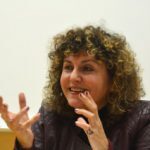 Ana Mafalda Leite (Chair of the Roundtable 7: New Rhythms of Development in African Literature and Arts, 13 de julho, 14h30-16h)
Ana Mafalda Leite (Chair of the Roundtable 7: New Rhythms of Development in African Literature and Arts, 13 de julho, 14h30-16h)
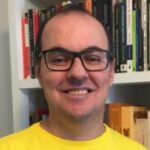 Edvaldo Bergamo (Presenter of the Roundtable 7: New Rhythms of Development in African Literature and Arts, 13 de julho, 14h30-16h)
Edvaldo Bergamo (Presenter of the Roundtable 7: New Rhythms of Development in African Literature and Arts, 13 de julho, 14h30-16h)
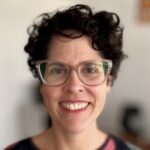 Fernanda Gallo (Presenter in the Roundtable 7: New Rhythms of Development in African Literature and Arts, 13 de julho, 14h30-16h)
Fernanda Gallo (Presenter in the Roundtable 7: New Rhythms of Development in African Literature and Arts, 13 de julho, 14h30-16h)
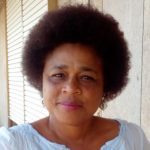 Iolanda Évora(Presenter in the Roundtable 11: As Economias Informais e o Papel das Associações Comunitárias nas Periferias dos Maiores Centros Urbanos de Cabo Verde no Contexto da Pandemia de Covid-19, 12 de julho de 2023, 14h30-16h)
Iolanda Évora(Presenter in the Roundtable 11: As Economias Informais e o Papel das Associações Comunitárias nas Periferias dos Maiores Centros Urbanos de Cabo Verde no Contexto da Pandemia de Covid-19, 12 de julho de 2023, 14h30-16h)
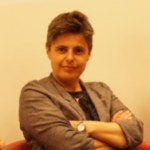 Jessica Falconi (Chair of the Roundtable 7: New Rhythms of Development in African Literature and Arts, 13 de julho, 14h30-16h)
Jessica Falconi (Chair of the Roundtable 7: New Rhythms of Development in African Literature and Arts, 13 de julho, 14h30-16h)
 Marta Banasiak (Presenter in the Roundtable 7: New Rhythms of Development in African Literature and Arts, 13 de julho, 14h30-16h)
Marta Banasiak (Presenter in the Roundtable 7: New Rhythms of Development in African Literature and Arts, 13 de julho, 14h30-16h)
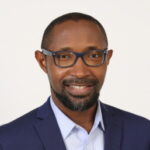 Odair Barros-Varela (Chair of the Roundtable 11: As Economias Informais e o Papel das Associações Comunitárias nas Periferias dos Maiores Centros Urbanos de Cabo Verde no Contexto da Pandemia de Covid-19, 12 de julho de 2023, 14h30-16h)
Odair Barros-Varela (Chair of the Roundtable 11: As Economias Informais e o Papel das Associações Comunitárias nas Periferias dos Maiores Centros Urbanos de Cabo Verde no Contexto da Pandemia de Covid-19, 12 de julho de 2023, 14h30-16h)
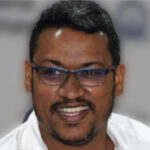 Redy Wilson Lima (Chair of the Roundtable 11: As Economias Informais e o Papel das Associações Comunitárias nas Periferias dos Maiores Centros Urbanos de Cabo Verde no Contexto da Pandemia de Covid-19, 12 de julho de 2023, 14h30-16h)
Redy Wilson Lima (Chair of the Roundtable 11: As Economias Informais e o Papel das Associações Comunitárias nas Periferias dos Maiores Centros Urbanos de Cabo Verde no Contexto da Pandemia de Covid-19, 12 de julho de 2023, 14h30-16h)
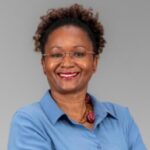 Sara Laisse (Presenter in the Roundtable 7: New Rhythms of Development in African Literature and Arts, 13 de julho, 14h30-16h)
Sara Laisse (Presenter in the Roundtable 7: New Rhythms of Development in African Literature and Arts, 13 de julho, 14h30-16h)
Read more:
Open Registrations for EADI CEsA Lisbon Conference 2023
Roundtables EADI CEsA Lisbon Conference 2023
Parteners in organizing the event:
Powerd by:
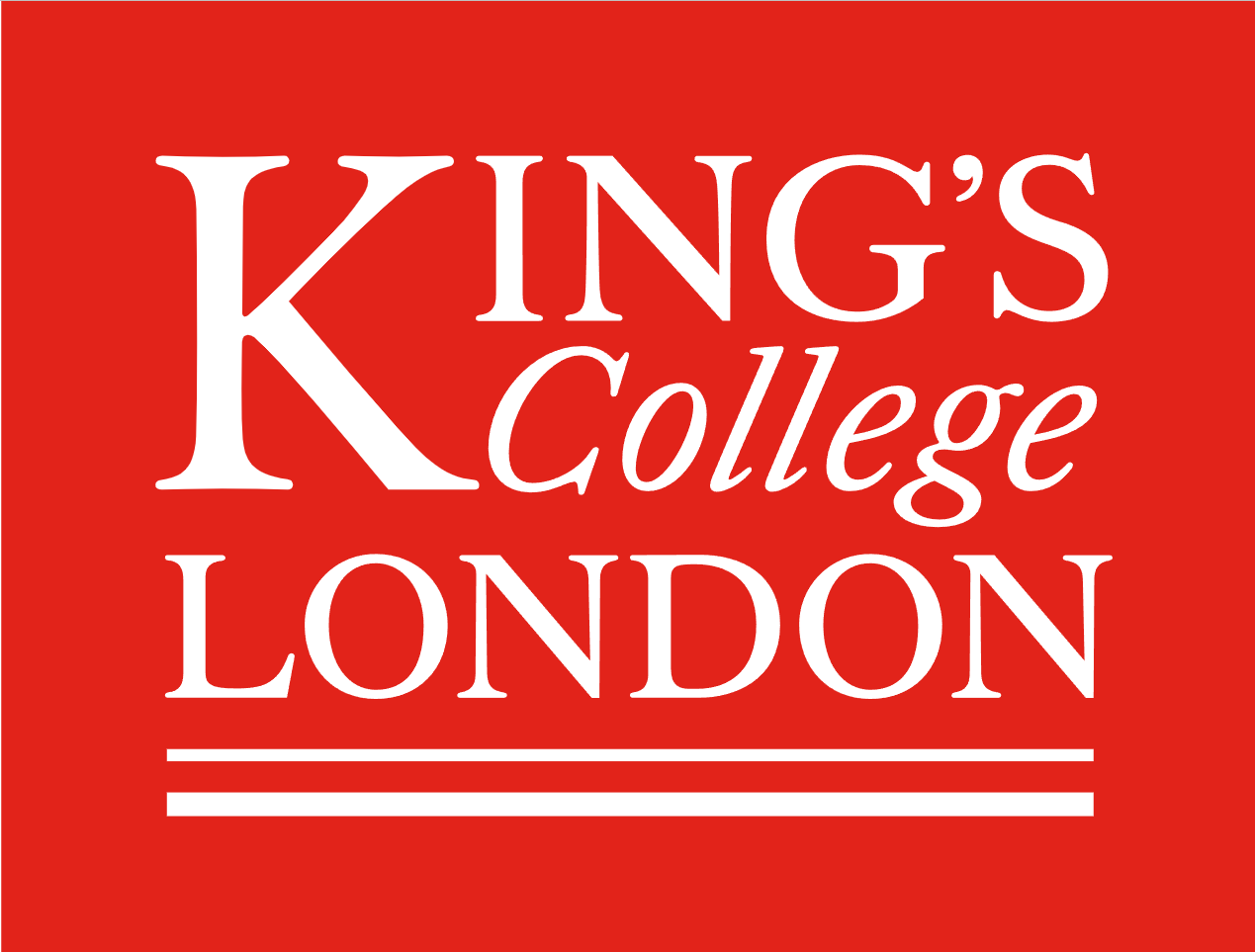
Author: CEsA Communication (comunicacao@cesa.iseg.ulisboa.pt)
Image: CEsA/Reproduction and EADI
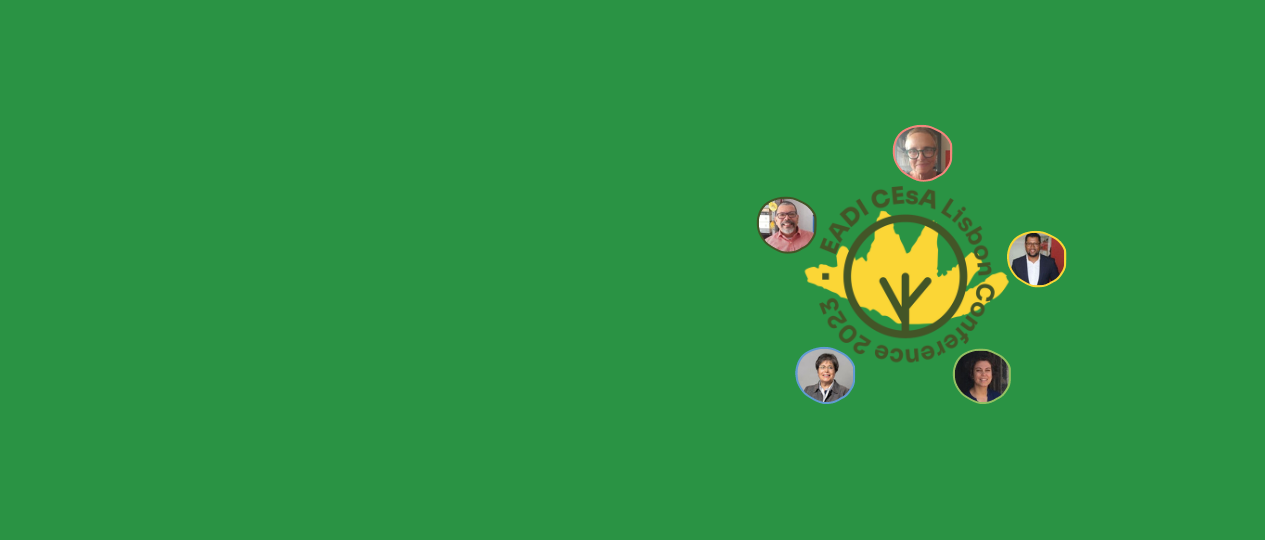
Take a look at the CEsA researchers that will participate in the Harvest Panels of EADI CEsA Lisbon Conference 2023

The largest European conference on Development Studies, the EADI CEsA Lisbon Conference 2023: Towards New Rhythms of Development, which will take place between the 10th and 13th of July 2023 at ISEG – Lisbon School of Economics and Management, in Lisbon, will count on the presence of five CEsA researchers on the conference’s programme, in the Harvest Panels 7, 11 and 14. Harvest Panels provide a space to present completed research and research findings.
The Center for African and Development Studies (CEsA/CSG/ISEG/ULisbon) is the co-organiser of the event, which is being held in Lisbon, Portugal for the first time. The international conference is organised in every 3 years period by the European Association of Development Research and Training Institutes (EADI), since 1975. The event will be hold in hybrid format (in-person and online) and the registrations are open with prices between 95€ and 335€. There are discounts for EADI members and PhD students.
See below more detailed information on each Harvest Panel:
Harvest Panel 11 – Woman Entrepreneurs on the African Continent
Harvest Panel 14 – Exploring the Rhythms of Urbanisation and Conflict
Consult the list of the CEsA researchers who will be participating in the Harvest Panels of EADI CEsA Lisbon Conference 2023:
 Arlindo Fortes (Chair of the Harvest Panel 7: Metamorphoses of Capitalism, ecological and social crises: questions and possibilities, 11 de julho de 2023, 16h30-18h; chair of the Seed Panel 30: Rural/urban space in sub-Saharan Africa and the dynamics of climate change, 12 de julho de 2023, 12 de julho de 2023, 14h30-16h)
Arlindo Fortes (Chair of the Harvest Panel 7: Metamorphoses of Capitalism, ecological and social crises: questions and possibilities, 11 de julho de 2023, 16h30-18h; chair of the Seed Panel 30: Rural/urban space in sub-Saharan Africa and the dynamics of climate change, 12 de julho de 2023, 12 de julho de 2023, 14h30-16h)
 Elsa Fontainha (Presentor in the Harvest Panel 11 – Woman Entrepreneurs on the African Continent, Tema: Women Entrepreneurs Coping with Shocks: The case of Covid-19 in four Sub-Saharan African countries, 13 de julho de 2023, 9h-10h30)
Elsa Fontainha (Presentor in the Harvest Panel 11 – Woman Entrepreneurs on the African Continent, Tema: Women Entrepreneurs Coping with Shocks: The case of Covid-19 in four Sub-Saharan African countries, 13 de julho de 2023, 9h-10h30)
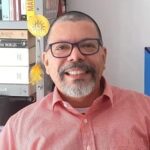 Marcelo Moreira (Chair of the Harvest Panel 7: Metamorphoses of Capitalism, ecological and social crises: questions and possibilities, 11 de julho de 2023, 16h30-18h; chair of the Seed Panel 30: Rural/urban space in sub-Saharan Africa and the dynamics of climate change, 12 de julho de 2023, 12 de julho de 2023, 14h30-16h)
Marcelo Moreira (Chair of the Harvest Panel 7: Metamorphoses of Capitalism, ecological and social crises: questions and possibilities, 11 de julho de 2023, 16h30-18h; chair of the Seed Panel 30: Rural/urban space in sub-Saharan Africa and the dynamics of climate change, 12 de julho de 2023, 12 de julho de 2023, 14h30-16h)
 Sónia Frias (Chair of the Harvest Panel 7: Metamorphoses of Capitalism, ecological and social crises: questions and possibilities, 11 de julho de 2023, 16h30-18h; chair of the Seed Panel 30: Rural/urban space in sub-Saharan Africa and the dynamics of climate change, 12 de julho de 2023, 12 de julho de 2023, 14h30-16h)
Sónia Frias (Chair of the Harvest Panel 7: Metamorphoses of Capitalism, ecological and social crises: questions and possibilities, 11 de julho de 2023, 16h30-18h; chair of the Seed Panel 30: Rural/urban space in sub-Saharan Africa and the dynamics of climate change, 12 de julho de 2023, 12 de julho de 2023, 14h30-16h)
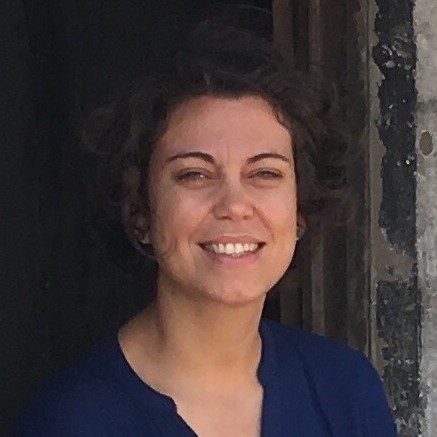 Sílvia Amaral (Presenter in the Harvest Panel 14: Exploring the Rhythms of Urbanisation and Conflict, Tema: Armed Conflict and Urbanization in Cabo Delgado, Mozambique: A case study of two neighbourhoods in the city of Pemba, 11 de julho, 16h30-18h)
Sílvia Amaral (Presenter in the Harvest Panel 14: Exploring the Rhythms of Urbanisation and Conflict, Tema: Armed Conflict and Urbanization in Cabo Delgado, Mozambique: A case study of two neighbourhoods in the city of Pemba, 11 de julho, 16h30-18h)
Read more:
Open Registrations for EADI CEsA Lisbon Conference 2023
Harvest Panels EADI CEsA Lisbon Conference 2023
Parteners in organizing the event:
Powerd by:

Author: CEsA Communication (comunicacao@cesa.iseg.ulisboa.pt)
Image: CEsA/Reproduction and EADI
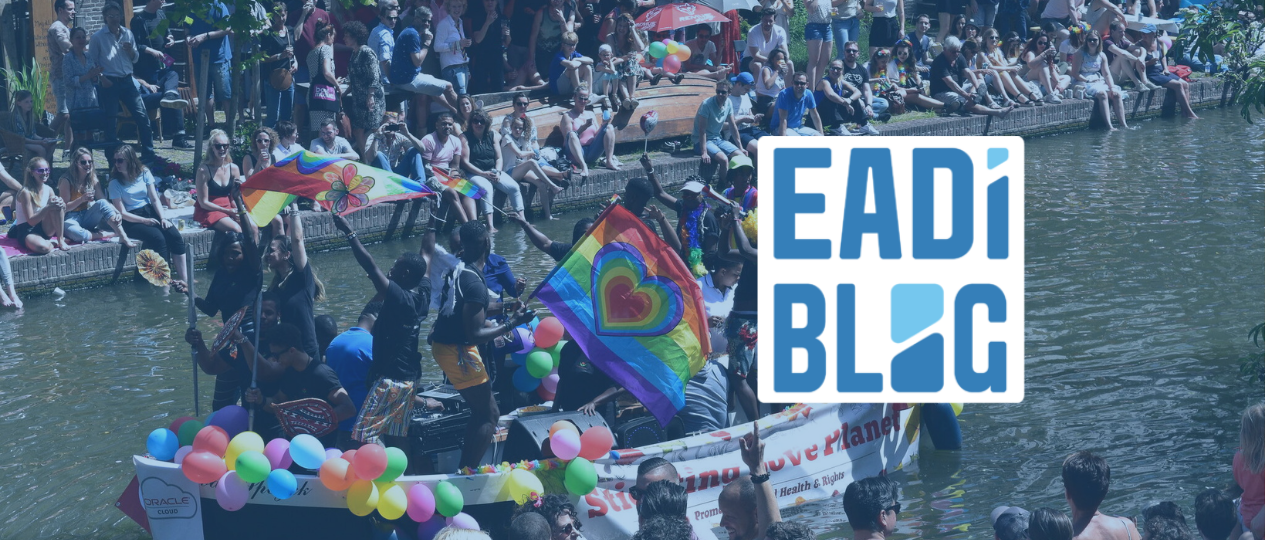
EADI Blog | Blog Series New Rhythm of Development: “International Development Cooperation and LGBTQ+ Rights in Africa”
Blog post “International Development Cooperation and LGBTQ+ Rights in Africa”, authored by Stephen Brown (University of Ottawa, Canada), published in the EADI Blog – Debating Development Research within the “New Rhythms of Development” Blog Series to highlight the EADI CEsA Lisbon Conference: Towards New Rhythms of Development, the largest European Conference on Development Studies. The General Conference will take place between the 10th and 13th of July 2023 at ISEG – Lisbon School of Economics and Management, in Lisbon, and is co-organised jointly by EADI – European Association of Development Research and Training Institutes and CEsA – Centre for African and Development Studies.
Get to know about the partnership between CEsA and EADI (click here).
Read more:
EADI Blog – “New Rhythms of Development” Blog Series
Partners in organizing the event:
Support:
Author: CEsA Communication (comunicacao@cesa.iseg.ulisboa.pt)
Image: CEsA and EADI/Reproduction
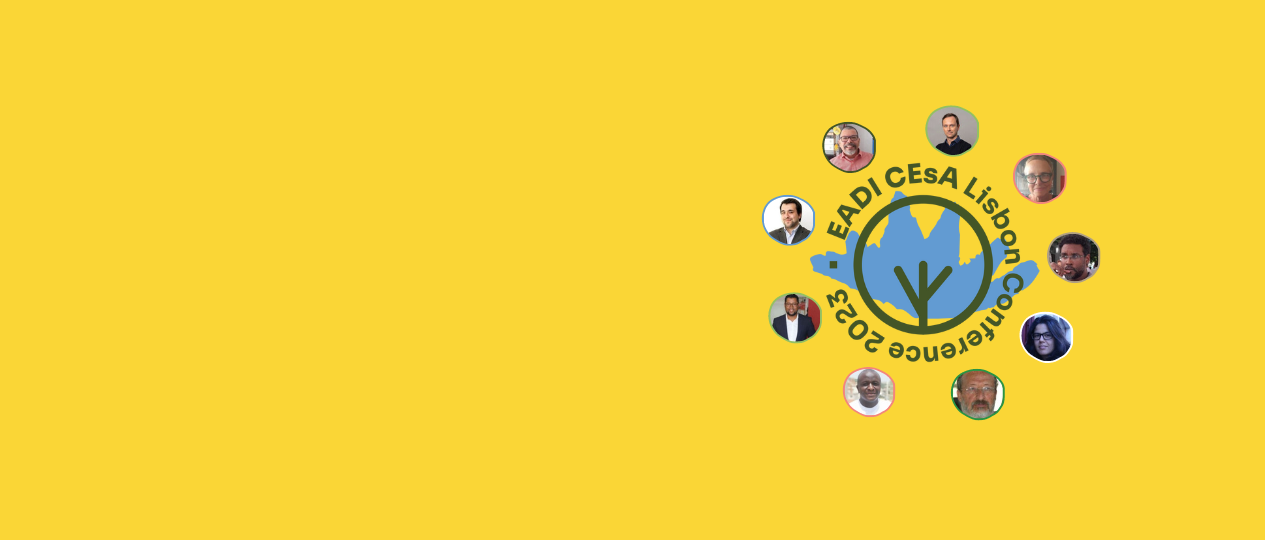
Take a look at the CEsA researchers that will participate in the Seed Panels of EADI CEsA Lisbon Conference 2023

The largest European conference on Development Studies, the EADI CEsA Lisbon Conference 2023: Towards New Rhythms of Development, which will take place between the 10th and 13th of July 2023 at ISEG – Lisbon School of Economics and Management, in Lisbon, will count on the presence of 9 CEsA researchers on the conference’s program in the Seed Panels 4, 30 and 34. Seed Panels provide a platform to present work in progress and/or innovative ideas.
The Center for African and Development Studies (CEsA/CSG/ISEG/ULisbon) is the co-organiser of the event, which is being held in Lisbon, Portugal for the first time. The international conference is organised in every 3 years period by the European Association of Development Research and Training Institutes (EADI), since 1975. The event will be hold in hybrid format (in-person and online) and the registrations are open with prices between 95€ and 335€. There are discounts for EADI members and PhD students.
See below more detailed information on each Seed Panel:
Seed Panel 4 – Inequality Dynamics in Portuguese-Speaking Developing Countries
Seed Panel 30 – Rural/Urban Space in Sub-Saharan Africa and the Dynamics of Climate Change
Seed Panel 34 – New Food Policy for Sustainable Food Systems
Consult the list of the CEsA researchers who will be participating in the Seed Panels of EADI CEsA Lisbon Conference 2023:
 Alexandre Abreu (Chair of the Seed Panel 4: Inequality dynamics in Portuguese-speaking developing countries, 11th July 2023, 14h30-16h)
Alexandre Abreu (Chair of the Seed Panel 4: Inequality dynamics in Portuguese-speaking developing countries, 11th July 2023, 14h30-16h)
 Arlindo Fortes (Chair of the Harvest Panel 7: Metamorphoses of Capitalism, ecological and social crises: questions and possibilities, 11 de julho de 2023, 16h30-18h; and chair of the Seed Panel 30: Rural/urban space in sub-Saharan Africa and the dynamics of climate change, 12 de julho de 2023, 12 de julho de 2023, 14h30-16h)
Arlindo Fortes (Chair of the Harvest Panel 7: Metamorphoses of Capitalism, ecological and social crises: questions and possibilities, 11 de julho de 2023, 16h30-18h; and chair of the Seed Panel 30: Rural/urban space in sub-Saharan Africa and the dynamics of climate change, 12 de julho de 2023, 12 de julho de 2023, 14h30-16h)
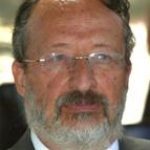 Carlos Sangreman (Chair of the Seed Panel 4: Inequality dynamics in Portuguese-speaking developing countries, 11 de julho de 2023, 14h30-16h)
Carlos Sangreman (Chair of the Seed Panel 4: Inequality dynamics in Portuguese-speaking developing countries, 11 de julho de 2023, 14h30-16h)
 Diogo Maia (Presenter in the Seed Panel 4: Inequality dynamics in Portuguese-speaking developing countries, Tema: FDI, Economic Growth And Inqueality In Mozambique 11 de julho de 2023, 14h30-16h)
Diogo Maia (Presenter in the Seed Panel 4: Inequality dynamics in Portuguese-speaking developing countries, Tema: FDI, Economic Growth And Inqueality In Mozambique 11 de julho de 2023, 14h30-16h)
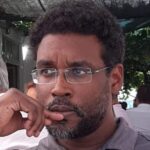 João Van Dunem (Presenter in the Seed Panel 4: Inequality dynamics in Portuguese-speaking developing countries, Tema: What drove economic inequality under Portuguese colonial rule? The case of Angola 11 de julho de 2023, 14h30-16h)
João Van Dunem (Presenter in the Seed Panel 4: Inequality dynamics in Portuguese-speaking developing countries, Tema: What drove economic inequality under Portuguese colonial rule? The case of Angola 11 de julho de 2023, 14h30-16h)
 Marcelo Moreira (Chair of the Harvest Panel 7: Metamorphoses of Capitalism, ecological and social crises: questions and possibilities, 11 de julho de 2023, 16h30-18h; and chair of the Seed Panel 30: Rural/urban space in sub-Saharan Africa and the dynamics of climate change, 12 de julho de 2023, 12 de julho de 2023, 14h30-16h)
Marcelo Moreira (Chair of the Harvest Panel 7: Metamorphoses of Capitalism, ecological and social crises: questions and possibilities, 11 de julho de 2023, 16h30-18h; and chair of the Seed Panel 30: Rural/urban space in sub-Saharan Africa and the dynamics of climate change, 12 de julho de 2023, 12 de julho de 2023, 14h30-16h)
 Sónia Frias (Chair of the Harvest Panel 7: Metamorphoses of Capitalism, ecological and social crises: questions and possibilities, 11 de julho de 2023, 16h30-18h; and chair of the Seed Panel 30: Rural/urban space in sub-Saharan Africa and the dynamics of climate change, 12 de julho de 2023, 12 de julho de 2023, 14h30-16h)
Sónia Frias (Chair of the Harvest Panel 7: Metamorphoses of Capitalism, ecological and social crises: questions and possibilities, 11 de julho de 2023, 16h30-18h; and chair of the Seed Panel 30: Rural/urban space in sub-Saharan Africa and the dynamics of climate change, 12 de julho de 2023, 12 de julho de 2023, 14h30-16h)
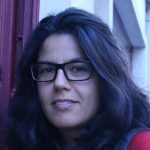 Susana Brissos (Chair of the Seed Panel 34: New food policy for sustainable food systems, 12 de julho de 2023, 14h30-16h)
Susana Brissos (Chair of the Seed Panel 34: New food policy for sustainable food systems, 12 de julho de 2023, 14h30-16h)
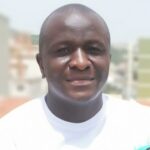 Vincent Agulonye (Presenter in the Seed Panel 30: Rural/urban space in sub-Saharan Africa and the dynamics of climate change, Tema: When we eat of Seeds: A Study of the Effects of Informal Mining on the Environment, Food and Water Security, 12 de julho de 2023, 12 de julho de 2023, 14h30-16h)
Vincent Agulonye (Presenter in the Seed Panel 30: Rural/urban space in sub-Saharan Africa and the dynamics of climate change, Tema: When we eat of Seeds: A Study of the Effects of Informal Mining on the Environment, Food and Water Security, 12 de julho de 2023, 12 de julho de 2023, 14h30-16h)
Read more:
Open Registrations for EADI CEsA Lisbon Conference 2023
Seed Panels EADI CEsA Lisbon Conference 2023
Partners in organizing the event:
Support:
Author: CEsA Communication (comunicacao@cesa.iseg.ulisboa.pt)
Image: CEsA/Reproduction and EADI


